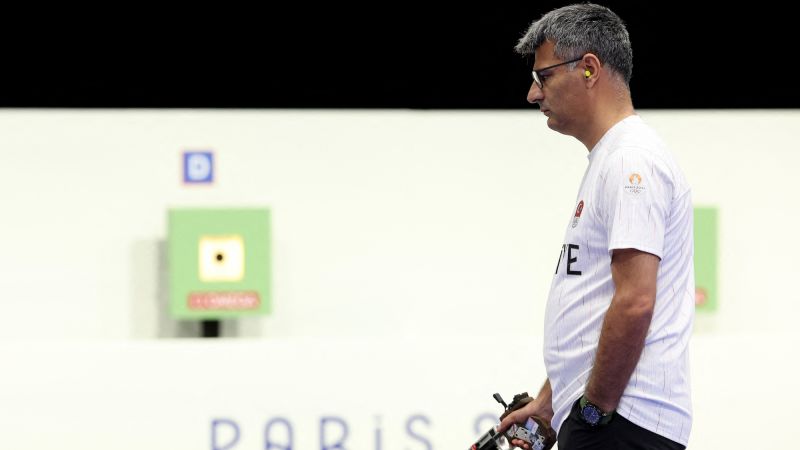Turkey is more advanced than some E.U. countries
Dervis gave an extreme example of the discussions referring to an article that a French conservative politician wrote in Le Monde. The article defended the idea that "It is not enough just to be a Christian to be considered as European today; one needs to be Christian for 15 centuries." Dervis also reminded the audience that Islam is that second largest religion in Europe with 17-million adherents. Dervis emphasized that a Europe including Turkey not as an Islamic country, but as a country where people practice Islam, would assume a larger role in the world because of its multicultural and multi-religions character.
Dervis also drew attention to some friendly circles that believe Turkey could play an important role either on its own or as a part of the Middle East. Dervis defended that this was not possible. Dervis criticized the models based on tribes, languages and religious sects that are being applied in Iraq. He said that efforts should be made instead to instill a modern democratic understanding based on free individuals; similar to the principles that founder of Turkey Mustafa Kemal Ataturk applied in Turkey.
Dervis disagreed with opinions that Turkey’s democracy and modernism are under threat. "In order to be a model for the Middle East on the issues of democracy and secularism, Turkey definitely needs to join the European Union (EU)," declared Dervis. He added that an E.U. that included Turkey would be the greatest project of the 21st century.
When asked, "Do you have doubts about the support that the U.S. is giving to Turkey’s E.U. membership?" Dervis responded: "Unfortunately I do. I do not mean the official U.S. However there are some, particularly some neo-cons (neo conservatives) and think-tank institutions, that consider the issue negatively due to some short-term tactical evaluations. For instance Richard Perle clearly says, ‘Turkey’s place is not in the E.U., it is the ally of the U.S. and Israel.’ However, in the long run Turkey’s E.U. membership is in the Americans’ interests."
The main theme of yesterday’s session was whether Turkey’s experiences with democracy and secularism could be a model for the Middle East, Caucasus and Central Asia. The Washington administration defines those regions as the Greater Middle East. Although previous part of the meeting’s main theme was Turkey’s experience with democracy, secularism and Islam, American and Turkish participants that discussed the Turkish model attracted attention as well.
State Minister Mehmet Aydin said in his speech that every country has its own history and cultural background. Thus issues were interpreted as sharing the positives rather than being a model. John Esposito of Georgetown University, who is known for his studies on Islam and Middle East, stated that Turkey could not be an example for Islamic countries because of its narrow interpretation of secularism. Espositio defended that Turkey gave priority to secularism, rather than democracy, during its founding. He acknowledged that Turkey could only be a model if it became more understanding about freedom of religion.
Famous Political scientist, Francis *censored*uyama, was another who discussed the same issue. He emphasized that secularism is defined as an anti-religion. *censored*uyama underlined that with recent reforms and the experience of the Justice and Development Party (AKP), Turkey has made progress to become an example for Middle Eastern countries.
During the discussions, it was stressed that the Turkish model had certain fundamentals that could be taken as a model, but that it would wrong to export it. Kemal Karpat, professor of history at the University of Wisconsin, said that Turkey had bad experiences when trying to imitate French, German, and British military and political models. He emphasized that he did not think it was healthy to imitate a model. Many intellectuals shared the opinion that a model could only be imposed by military power and it had no chance of success.



